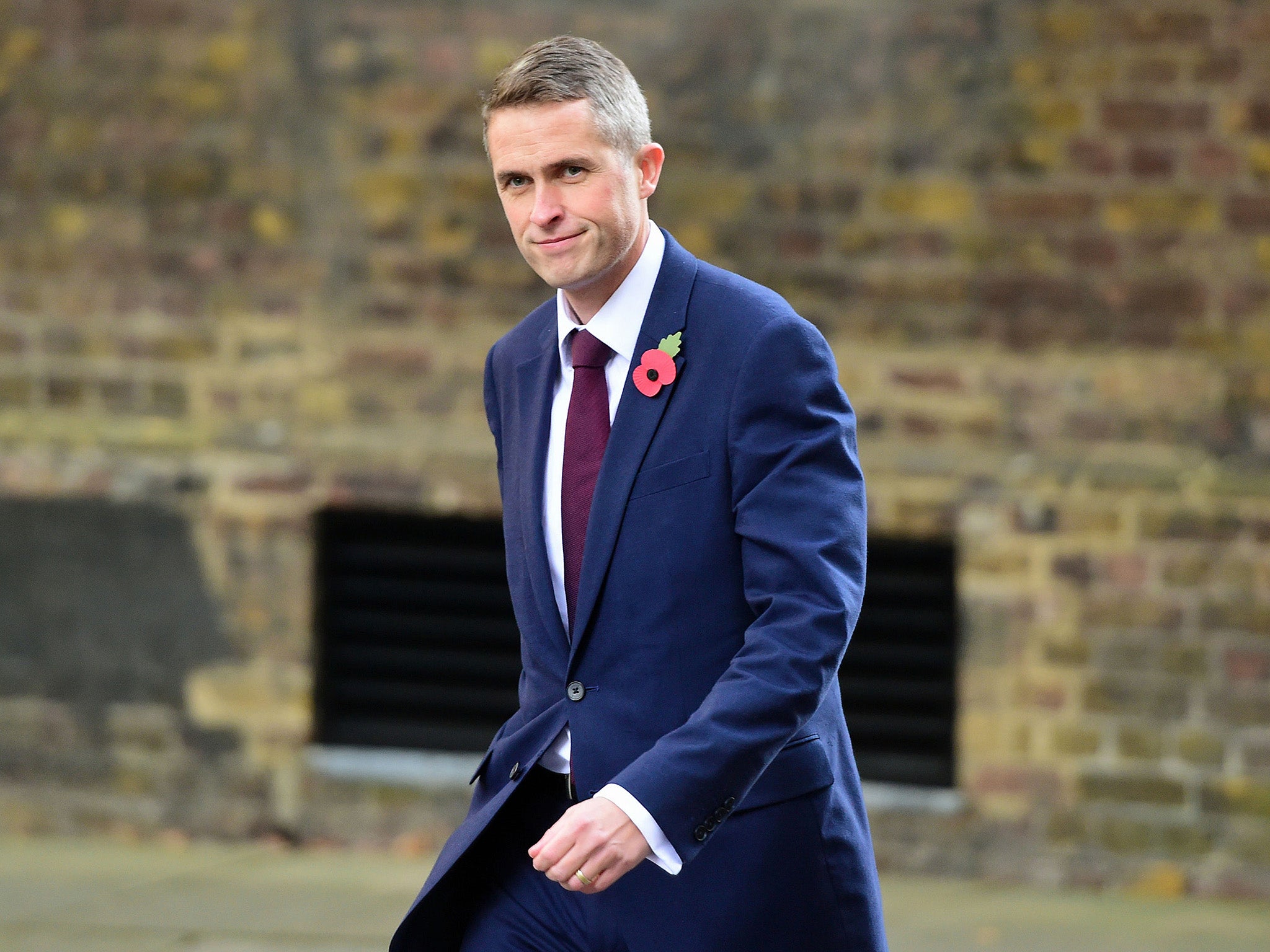Theresa May's weak reshuffle in light of the Westminster sex scandal marks the beginning of the end for her premiership
The sexual harassment scandal that has engulfed Westminster is likely to claim more ministerial victims. It is the stuff of nightmares for a Prime Minister already on the ropes; with allegations swirling around, and the media hungry for more scalps, she is not in control of events but at their mercy


What a difference 12 months makes. Theresa May was at the height of her powers at last year’s parliamentary awards hosted by The Spectator magazine, cracking jokes at the expense of Boris Johnson and George Osborne as she was named politician of the year. At the same ceremony on Wednesday night, there was an empty chair where May should have been. Instead, she was handling the fallout from the resignation of Michael Fallon, her Defence Secretary.
Normally, a swift reshuffle after a cabinet minister quits would be seen as a sign of “business as usual”, that life goes on despite one day of damaging headlines. However, May’s minimalist shake-up today after Michael Fallon’s resignation betrays her weakness, not her strength. Even her own ministers do not know how long her Government’s life will go on for.
Before disaster struck her at last month’s Tory conference, May’s advisers were urging her to restore her authority by carrying out a wide-ranging reshuffle, and to move Boris Johnson from the Foreign Office after his public disloyalty on Brexit. (Ironically, Fallon, a supposedly safe pair of hands, was viewed as a possible successor to Johnson).
May could not afford to risk wider changes. For a start, the sexual harassment scandal that has engulfed Westminster is likely to claim more ministerial victims. It is the stuff of nightmares for a Prime Minister already on the ropes; with allegations swirling around, and the media hungry for more scalps, she is not in control of events but at their mercy.

She also needed to postpone a reshuffle until after the Budget on 22 November. Hardline Brexiteer Tories are determined to prise Philip Hammond out of the Treasury because of his drive for a softer Brexit to cushion its economic impact. If his Budget plays badly, they will call for him to be sacked. May could find that she cannot move Johnson and leave Hammond in place; she might have to shift both or neither of them.
Even the Budget looks a long way off at a time when the Government is living from hour to hour, wondering when the next allegation will surface in the sexual harassment scandal.
In today’s limited changes, May characteristically played safe by promoting a trusted ally, her chief whip Gavin Williamson, to the Ministry of Defence. Yesterday, he will have advised May on whether Fallon should keep his job. Today he took it over.
For Tory MPs, the parallels with TV’s House of Cards were irresistible: a ruthless, ambitious chief whip knifes his “colleagues” on his way to the top. For good measure, Williamson’s ally and former deputy Julian Smith is the new Chief Whip. He may be well-qualified to keep Tory MPs in line at a difficult time, as he is not universally loved or trusted by them. A more popular figure, Esther McVey, who returned to the Commons in June after losing her seat in 2015, is the new deputy chief whip.
Williamson’s appointment raised eyebrows at Westminster because he has no experience in the defence field or as a departmental minister; the armed forces would have preferred someone who was already up to speed at a time when the MoD faces a growing financial crisis.
The Cabinet’s balance on Brexit is unchanged. Fallon, a May loyalist, shared Hammond’s desire to “put the economy first”. Williamson, a Remainer last year, will have the same instincts. Significantly, May did not toss a bone to the Europhobes by promoting one of their own such as Priti Patel, the International Development Secretary, or Penny Mordaunt, a former defence minister now at the Department of Work and Pensions.
Williamson, who had been earmarked by May for a big step up if she had won a big majority in June, is part of her inner circle. He may soon have to advise her (unofficially) on whether another member, Damian Green, the de facto deputy prime minister, can keep his job. The Cabinet Office is investigating claims of inappropriate behaviour towards a journalist, which he strongly denies. May will be very reluctant to lose a man described as her “comfort blanket”. But her treatment of Fallon shows that she is prepared to live up to her rhetoric on her ministers upholding standards and so Green could suffer the same fate.
When May became prime minister without a full Tory leadership election, she was seen as a lucky politician, as her rivals for the crown knifed each other or self-destructed. No one would say that now. The predatory behaviour of one man in a very different world, far away from Westminster – Harvey Weinstein – has triggered a crisis for her Government that nobody could have foreseen.
It’s hardly as if the Prime Minister did not have enough problems. She was already fighting to stay in her post long enough to lead the UK out of the EU in March 2019. That, too, looks a very long way away now. Brexit should have been at the top of May’s in-tray – not what her ministers got up to, in some cases many years ago. The scandal has added to the fin de siècle atmosphere at Westminster, even though no one quite knows when the brief May era will end.
Join our commenting forum
Join thought-provoking conversations, follow other Independent readers and see their replies
Comments
Bookmark popover
Removed from bookmarks